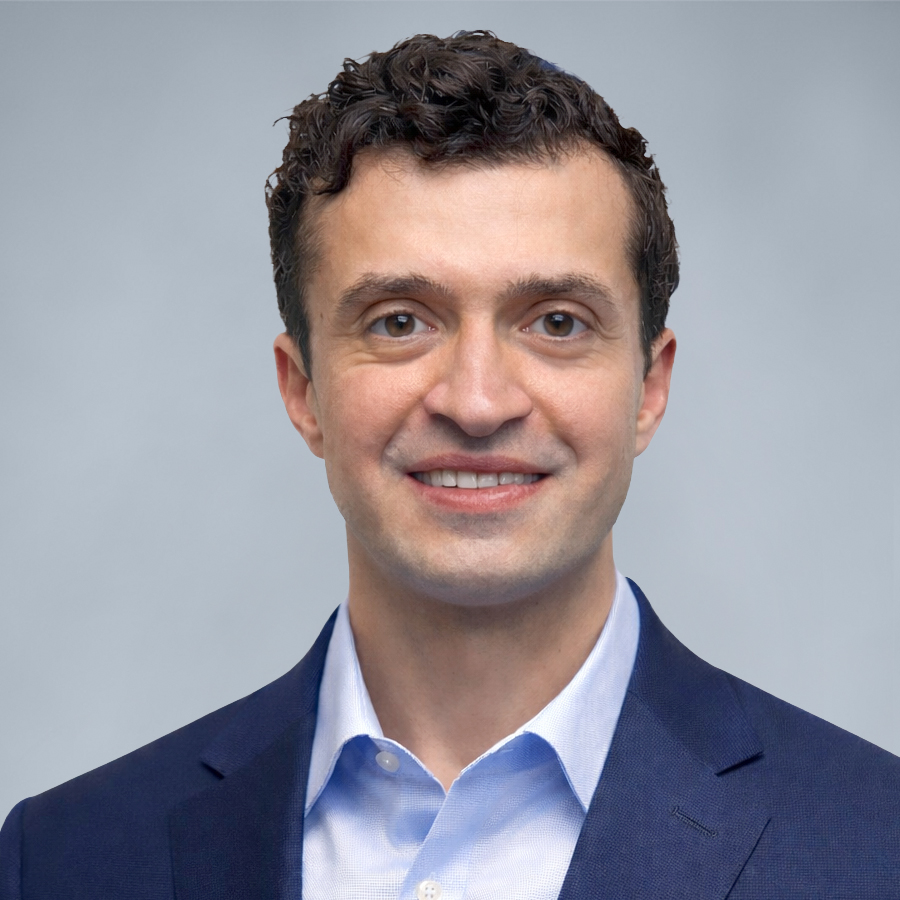Cataracts are a very common cause of poor vision and blindness, especially for the elderly. Luckily, cataracts are easily treatable through surgery. One of our doctors here at OCLI will assist you in answering any questions you have about cataract surgery. We will determine if cataract surgery is right for you, or when the right timing will be to have your cataracts removed.
Here are some commonly asked questions that we receive about cataract surgery by patients. Contact OCLI with any further questions, or to schedule a consultation.
What is a cataract?
A cataract is the clouding of the normally clear crystalline lens in the eye. This is a normal occurrence associated with age and causes cloudy, foggy, or blurry vision.
There are many misconceptions about cataracts. They are:
- Not a film over the eye
- Not caused by overusing the eyes
- Not a cancer
- Not spread from one eye to the other
- Not a cause of irreversible blindness
What are the symptoms of a cataract?
In the beginning stages, it is easy to mistake a cataract as just changes in refractive error. Symptoms often get progressively worse as time goes on.
Common symptoms include:
- Blurriness
- Trouble driving at night
- Reduced color vision
- Discolored vision (often a yellow tint)
- Distorted vision
- Double vision
- Glare or light sensitivity
- Reduced night vision
What causes a cataract?
Cataracts are associated with aging – the result of protein build-up. There is no known method of prevention, although we do know there are several risk factors, which make someone more likely to develop cataracts.
Risk factors include:
- Family history
- Medical conditions such as diabetes
- Previous eye injury
- Medications such as steroids
- Long-term exposure to sunlight, without protection
- Hypertension
- Obesity
- Smoking
- Hormone replacement therapy
- Significant alcohol consumption
- High myopia
How is a cataract detected?
The best way to detect a cataract is through an eye exam. It is important to attend regular eye examinations, as many eye conditions cannot be detected otherwise. If you are experiencing changes in your vision, it is best to see your eye doctor right away.
How fast does a cataract develop?
It depends on the person. For most people, cataracts develop very slowly over a period of years. Cataracts in younger people tend to develop faster, as well as cataracts in those with diabetes. For the first couple of years, the changes may not be apparent, only a slight decline in vision.
How are cataracts treated?
Currently, the only treatment for cataracts is through surgery. Luckily, cataract surgery is an incredibly safe and effective treatment. Advances over the years have made cataract surgery one of the safest and most performed surgeries worldwide. Patients today have many options when it comes to cataract removal. At OCLI, we perform both traditional and laser cataract surgery, as well as provide premium and standard IOL options.
The surgery itself is simple. The doctor makes incisions in the cornea through which the cataract-affected lens will be removed, and then replaced with an artificial lens.
When should surgery be done?
Cataract surgery should be performed when cataracts affect daily activities. When the blurry vision makes driving difficult or you cannot see faces as clearly as you would like, our doctors recommend cataract surgery.
Cataracts can be removed at any time. There is no set time when cataract surgery needs to be done, and it can be done well before daily life is disrupted. It depends on patient preference and when the doctor deems surgery necessary. If you think it is time for cataract surgery, call one of our experts at 1-866-SEE-OCLI or schedule a consultation.
Is cataract surgery serious?
Cataract surgery, while it has made many advances over the years, is still a surgery. Cataract surgery, along with all surgery, carries risks and is serious. However, cataract surgery is one of the most common procedures in the US, meaning doctors have a lot of experience in performing this procedure. At OCLI, you have nothing to worry about.
Is cataract surgery performed under general anesthesia?
No, cataract surgery is performed with local anesthesia only. We provide intravenous medications to help patients fully relax. Often there are no stitches and no patch. We also administer anesthetic around the eye so that patients feel and see little during surgery.
How long does cataract surgery take?
The surgery itself takes about 10 minutes in the operating room. Most people are in the surgery center for about 3 hours, including pre and postoperative time.
Are there fees associated with the surgery?
Most surgery costs are typically covered by insurance. If a patient chooses to have a blade-free laser-assisted surgery or a premium lens, there will be an additional fee as these premium services are not covered by Medicare or any other insurance.
What restrictions will I have immediately after surgery?
During this time, we recommend restful activity. No driving, operating heavy equipment, or physical activities. Most patients are released to drive after their first post-op visit. For the first day, vision may be blurry but it usually improves over the first week. No contact sports, athletics, or dirty environments for about 1-2 weeks
What are the possible side effects of cataract surgery?
As with any surgery, cataract surgery comes with some side effects, most of which dissipate during healing. Patients will feel irritation after surgery, which your doctor will prescribe medication for. More serious side effects include pain, swelling and bleeding, all of which should be reported to your eye doctor immediately. In most cases, any complications can be easily managed through medication or a follow-up procedure.
Reviewed by Eric D. Donnenfeld, MD
